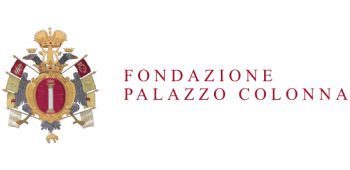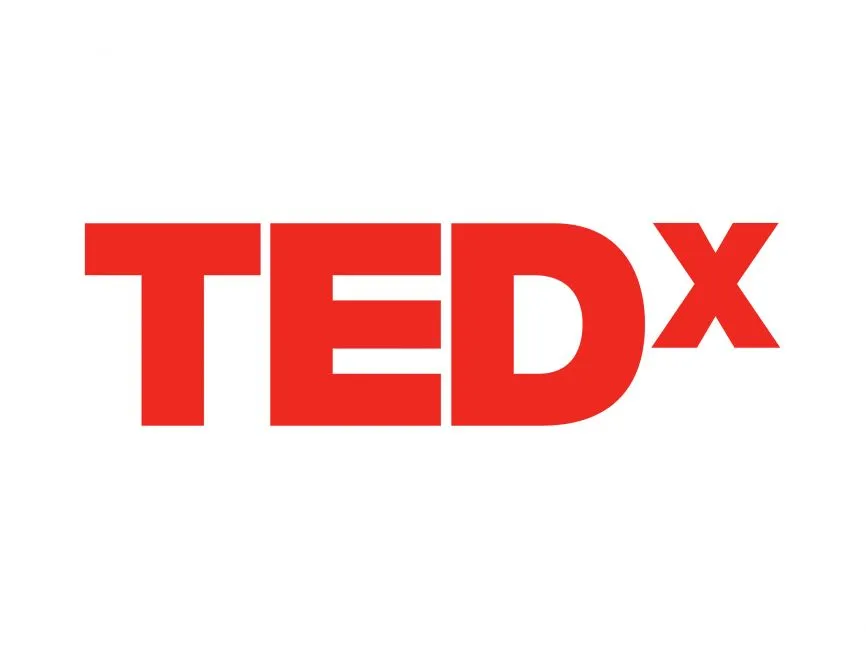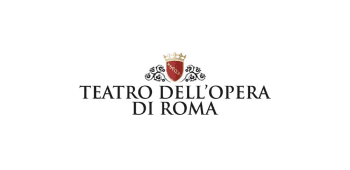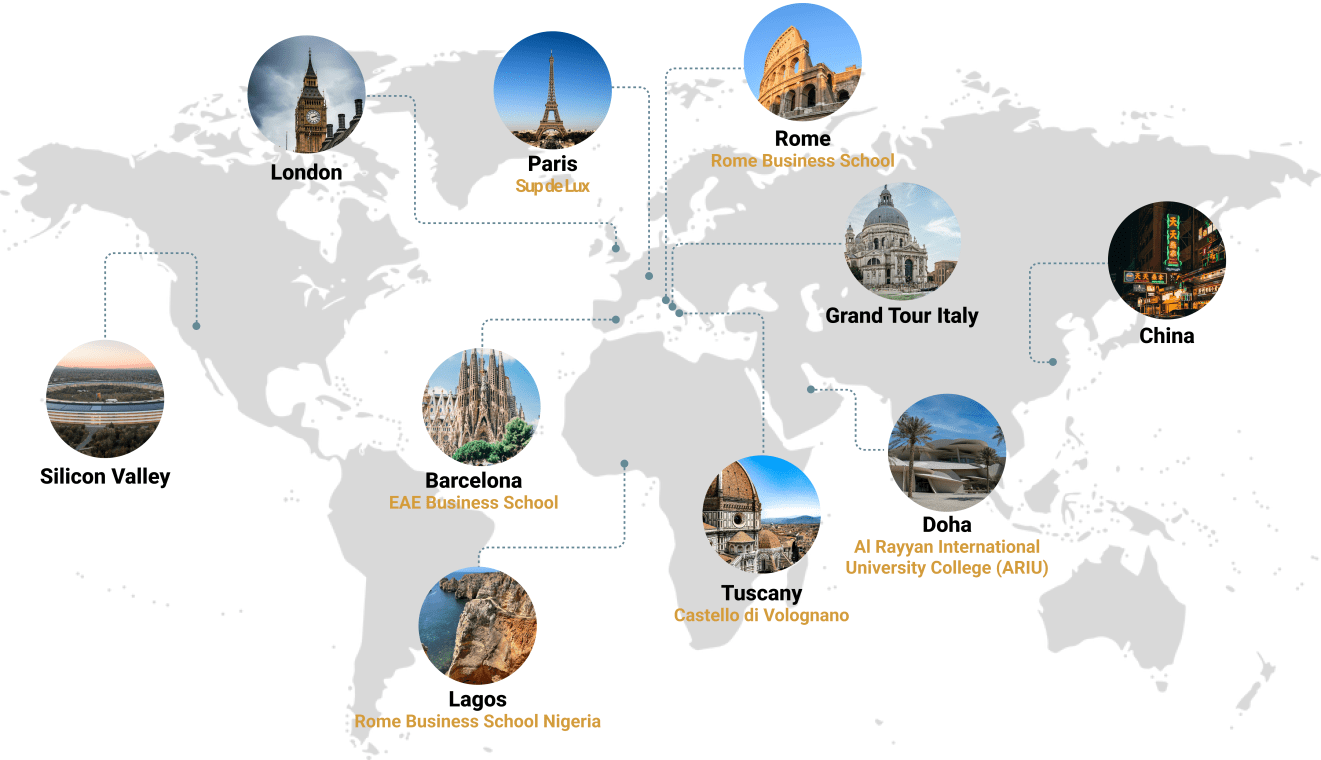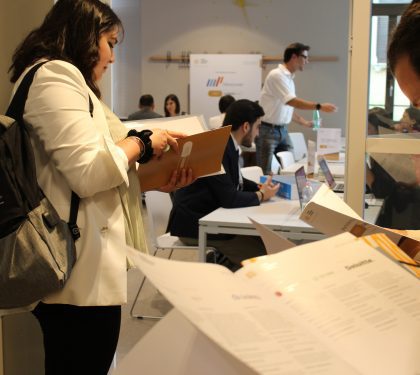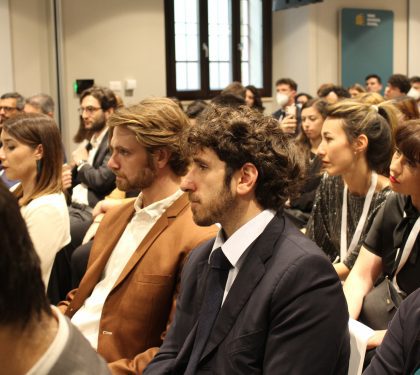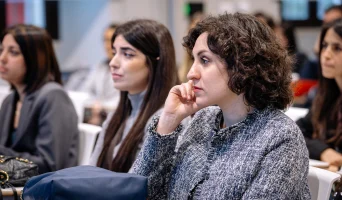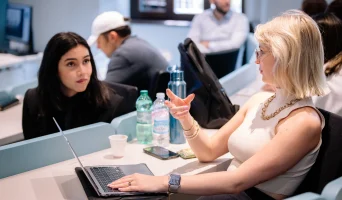During the first module of the International Master in Arts and Culture Management, students will learn how to:
- Managerial Economics
This module aims to prepare students by providing them with the essentials of entrepreneurship and business planning. - Management Accounting for Decision Making
The course focuses on the financial aspects of business decisions giving students an overview of the accounting tools useful and most used for short and long-term decision making such as cost management, budgeting, CVP analysis, and investment appraisal techniques. - Business Strategy
Through this module, students will know how to understand the long-term direction and strategy of a company, and will be able to identify the strategic business units of organizations. - Financial Statement Analysis
This course aims at equipping students with an understanding of financial statements and their usefulness for decision making. - Project & Operations Management
With this module, students will be able to manage projects, examine data and information, and have a diagnostic approach in solving problems. - Marketing: Traditional and Digital
Students will learn the application of marketing principles in organizational decision making. - Human Resource Management
This subject area focuses on strategic human resource issues such as workforce acquisition, development, motivation and retention. - Data Analytics for Managers
This course is designed to equip students with the basic knowledge needed to analyze and interpret large sets of data, to make effective business decisions and strategies.
During the second module of the International Master in Arts and Culture Management , students will learn how to:
1)The Art of Managing International Arts & Culture
- Step Into the Arts and Culture Management in the Global Era
- Social & Economic Impact of the Arts & Culture: An Overview
2)Management of Cultural Heritage and Creative Industries
- Elements of Cultural Heritage Management
- Principles of Music Industry and Artist Management
- Filming industry: from the Idea to Production
- Publishing Industry Management
- Preservation of cultural heritage
- Urban redevelopment
- Web Series Management in the Digital Age
3)Management of Cultural Events and Institutions
- Cultural Event Management
- Museum Management
- Theatre Management
- Principles of Performing Arts Consultancy
4)Entrepreneurship in the Arts:
- Art Galleries Management
- Principles of Visual Arts Consultancy
- Creative Entrepreneurship
During the third module of the International Master in Arts and Culture Management, students will learn how to:
5)Legal and Economic Perspectives of Arts & Culture
- Introduction toBusiness and the Law of Arts
- Get into Fundraising and Crowdfunding in the Arts
6)Innovation & Creativity in the Arts
- Arts Markets: New trends and tendencies
- Digital, Crypto, and AI Arts
- Education, Digital Technology, Meta Design and Arts
- Building ethical and responsible organizations
The goal of Rome Business School is to develop future managers, entrepreneurs, and professionals who are ready to capitalize on the benefits of digitalization, go global, and have a positive impact on society.
Electives are ideal tools for students to improve their employability by focusing on high-demand skills.
- Electives assist students in carving out a niche for themselves and becoming more competitive.
- Electives expose students to courses they might not have encountered otherwise.
- Electives provide a one-of-a-kind curriculum that fosters life and career skills.
- Elective courses are organized in 7 main areasof interest:
Macro Area I
Next Gen Business: Innovation, AI and Digital Growth
- Area 1: Innovation & Growth
- Area 2: AI4 Business: Shaping the Future
- Area 3: Tech & Digitalization
Macro Area II
Global Business Excellence
- Area 4: Industry Business Excellence
- Area 5: International Business
- Area 6: Global Electives with RBS international partner Business Schools
- Area 7: Introduction to preparation for professional certifications

Rome Business School Practice Lab is the place where theoretical concepts are put in practice and participants learn through experience. The Lab is run by CHRISTIE’S managers who will examine different specialist knowledge, work on exercises and network, while sharing their experience and expertise with the students. This Lab is entirely run by CHRISTIE’S managers with whom you will create strategy to guide customers through the customer’s journey of CHRISTIE’S.
The Global Trends lab consists of 2 virtual sessions:
Session 1: How to Find Sources to Identify Global Trends Identify sources and monitor Global trends Deep Dive into the Global World Trends Shaping the World of Today – guest speakers from UN, UNIDO, ILO. Examples of Global Trends:
- The Future of Work
- Ethics of AI and Big Data
- The World in 2030: Future Scenarios
Session 2: Understand the impact of global trends on businesses, and explore ways in which businesses can adapt and transform based on future trends and forward-thinking strategies
At the end of your educational experience, you will have the chance to prove your abilities by tackling a real business challenge. Use your talent to identify opportunities and create a truly innovative strategy.
Tackle a real company challenge. You can choose to be part of a small team and design a Marketing plan for a new business or develop a strategy to increase online sales or create a loyalty offering for different generation.
You will be given two case studies from two real companies that will allow you to test your knowledge learnt during the master’s course.
Previous Years Experience
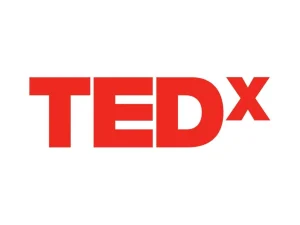
The Practical Challenge: Imagining a new development strategy for TEDx, with the purpose to overcome the coronavirus emergency. It can involve designing a new digital marketing and communication strategy, providing a suitable platform for the online events, analyzing new pricing strategy and targeting new customers.






